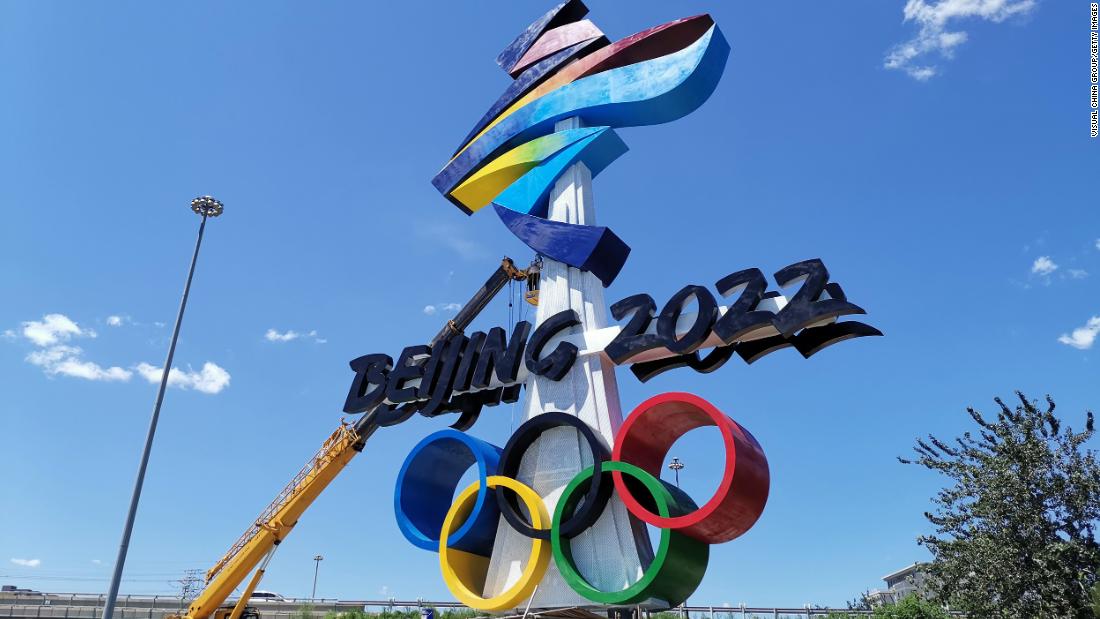
The IOC said it gave North Korea’s Olympic Committee “a fair chance to be heard,” but also communicated “very clear warnings about the consequences of its position” of not sending athletes to Tokyo.
“The IOC provided guarantees for the holding of Safe Games and offered constructive proposals to find a suitable and tailor-made solution until the last moment (including the supply of vaccines), which were systematically rejected,” is stated in the statement.
In response, the IOC suspended the North Korean Olympic Committee until the end of 2022, effectively banning the country from formally competing in Beijing. The IOC said that if any North Korean athlete qualifies for the Winter Olympics through processes that are already taking place, “he will make the right decision in due course for the athlete (s) in question.”
There are also financial penalties linked to the suspension. North Korea will not receive any IOC aid during the suspension period, and the IOC said North Korea will not get some of the money earned from the Tokyo 2020 Olympics because the country “did not contribute to the success of the Olympic Games. ” However, these funds had already been withheld due to international sanctions imposed by the Kim Jong Un regime for its pursuit of nuclear weapons and ballistic missiles.
North Korea has not made public comments about the suspension.
To date, North Korea has been able to prevent a major outbreak of Covid-19 through a series of draconian public health measures. North Korea has broken almost all ties with the outside world by 2020 to prevent an influx of coronavirus cases. Foreign diplomats and aid workers have also fled the country en masse, citing the shortage of goods and extreme restrictions on daily life.
From a public health standpoint, it seems the government’s response has worked. North Korea has not reported a major outbreak of Covid-19 and there have been no indications that it had occurred, although experts doubt Pyongyang’s claim that the country has not seen any cases of the virus.
However, the decision to close North Korea’s border has affected trade with Beijing, an economic lifeline that the impoverished country needs to prevent its people from starving, and a food crisis has been reported. , linked in part to both inclement weather and trade problems.